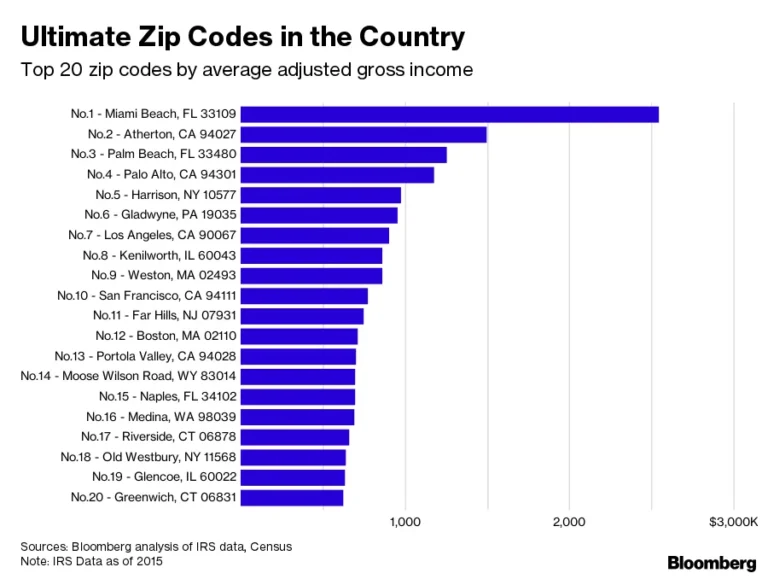Table of Contents
ToggleWhen buying or selling a home, the real estate process can often feel overwhelming. One crucial term that often pops up in transactions is EMD (Earnest Money Deposit). But what exactly is EMD in real estate, and why is it so important? Whether you’re a first-time homebuyer or an experienced investor, understanding EMD can help you navigate the real estate market with confidence.
In this guide, we’ll take a deep dive into EMD real estate, its purpose, how it works, and what buyers and sellers should know. By the end, you’ll be fully equipped to handle this key component of real estate transactions with ease.
What Is EMD in Real Estate?
EMD stands for Earnest Money Deposit, a sum of money a buyer provides to show they are serious about purchasing a property. This deposit acts as a form of good faith to the seller and is typically held in escrow until the deal is finalized.
In simpler terms, an Earnest Money Deposit is like a security blanket—it shows the seller that you, as a buyer, are committed to closing the deal. If everything goes as planned, the EMD is applied toward the down payment or closing costs. However, if the deal falls through under certain conditions, the EMD could be forfeited.
Why Is EMD Important in Real Estate Transactions?
The Earnest Money Deposit plays a vital role in building trust between buyers and sellers. Here’s why it’s important:
- Shows Commitment: EMD demonstrates that the buyer is serious about purchasing the property. Without it, sellers may question the buyer’s intentions.
- Protects Sellers: If a buyer backs out of a deal without valid reasons, the seller can keep the EMD as compensation for their time and effort.
- Secures the Deal: For buyers, providing EMD ensures that the property will not be sold to another party while the sale is being processed.
How Much Is a Typical Earnest Money Deposit?
The amount of EMD required varies depending on several factors, including the local market, the price of the property, and the seller’s expectations. Generally:
- EMD ranges from 1% to 3% of the purchase price of the home.
- In competitive markets, buyers may offer a larger EMD (up to 5%) to stand out.
- For example, if you’re buying a $300,000 property, the typical EMD could range between $3,000 and $9,000.
Keep in mind that EMD requirements are often negotiable, and both parties can agree on a suitable amount during the negotiation process.
How Does EMD Work in Real Estate?
The process of EMD real estate involves several key steps:
1. Making an Offer
When a buyer makes an offer on a home, they typically include an EMD as part of the proposal. The deposit is usually submitted within a few days of the offer being accepted.
2. Holding the EMD in Escrow
The Earnest Money Deposit is held in an escrow account by a neutral third party, such as:
- A real estate brokerage.
- A title company.
- An escrow company or attorney.
This ensures that the funds are secure and cannot be accessed by either party until specific conditions are met.
3. Closing the Deal
At closing, the EMD is applied toward the buyer’s total purchase cost. This could go toward:
- The down payment.
- Closing costs (e.g., taxes, fees, or loan costs).
What Happens to EMD If the Deal Falls Through?
In real estate transactions, not every deal goes as planned. Here’s what typically happens to the Earnest Money Deposit in different scenarios:
1. Buyer Withdraws for a Valid Reason
If the buyer backs out of the deal due to contingencies outlined in the contract (e.g., financing issues or inspection problems), the EMD is typically refunded.
2. Buyer Withdraws Without Cause
If the buyer pulls out of the deal without a valid reason, the seller may keep the EMD as compensation for their time and lost opportunities.
3. Seller Backs Out
If the seller cancels the deal without cause, the buyer’s EMD is usually refunded. In some cases, the buyer may also pursue legal action for breach of contract.
Key Contingencies That Protect EMD
Buyers can protect their EMD by including specific contingencies in the purchase agreement. Common contingencies include:
- Financing Contingency: Allows buyers to withdraw if they’re unable to secure a mortgage loan.
- Home Inspection Contingency: Enables buyers to cancel the deal if major issues are found during the inspection.
- Appraisal Contingency: Protects buyers if the property is appraised at a lower value than the agreed purchase price.
- Sale of Existing Home Contingency: Lets buyers back out if they cannot sell their current home.
These contingencies give buyers peace of mind while ensuring their EMD is not at risk.
Tips for Buyers: How to Protect Your Earnest Money Deposit
As a buyer, your Earnest Money Deposit is a significant financial commitment. Here are some tips to safeguard it:
- Work with a Trusted Escrow Agent: Ensure the EMD is held by a reputable third party.
- Understand the Contract: Review all terms and contingencies carefully before signing.
- Meet Deadlines: Adhere to timelines for inspections, appraisals, and financing to avoid losing your EMD.
- Negotiate Fair Terms: If uncertain about certain conditions, discuss them with your real estate agent.
Tips for Sellers: How to Protect Yourself with EMD
Sellers also benefit from understanding EMD’s role. To make the most of it:
- Request a Reasonable EMD: Ask for a deposit that reflects the property’s value and market conditions.
- Set Clear Terms: Ensure the purchase agreement outlines when the EMD can be forfeited or refunded.
- Vet Buyers: Work with a real estate agent to verify the buyer’s financial capabilities.
Common Questions About EMD Real Estate
1. Is EMD Refundable?
Yes, EMD is refundable under certain conditions, such as if the buyer withdraws due to valid contingencies. However, it may be forfeited if the buyer backs out without cause.
2. Can Sellers Demand a Higher EMD?
Yes, sellers can request a larger EMD, especially in competitive markets. Buyers may agree to this to make their offer more attractive.
3. What Happens if Both Parties Dispute the EMD?
In the event of a dispute, the escrow company may hold the funds until both parties reach an agreement or seek legal resolution.
Table: EMD in Real Estate at a Glance
| Aspect | Details |
|---|---|
| Definition | Earnest Money Deposit: A buyer’s good faith deposit to secure a property. |
| Typical Amount | 1-3% of the property’s purchase price. |
| Who Holds the EMD? | A neutral third party (escrow, title company, or attorney). |
| Refundable? | Yes, under valid contingencies outlined in the contract. |
| Risk for Buyers | Can be forfeited if they back out without cause. |
| Benefit for Sellers | Protects sellers against buyers withdrawing without valid reasons. |
Conclusion
The Earnest Money Deposit (EMD) is a key part of any real estate transaction, providing security and trust for both buyers and sellers. As a buyer, it shows your commitment to the purchase, and as a seller, it acts as protection in case the deal falls through. By understanding how EMD real estate works, you can confidently navigate the home-buying or selling process.Whether you’re purchasing your dream home or selling a cherished property, being informed about EMD ensures smoother transactions and fewer surprises along the way. So, the next time you hear “Earnest Money Deposit,” you’ll know exactly what it means and how to handle it like a pro!Ready to learn more about real estate? Check out our other guides on home financing, market trends, and expert tips to stay ahead in the game!


















